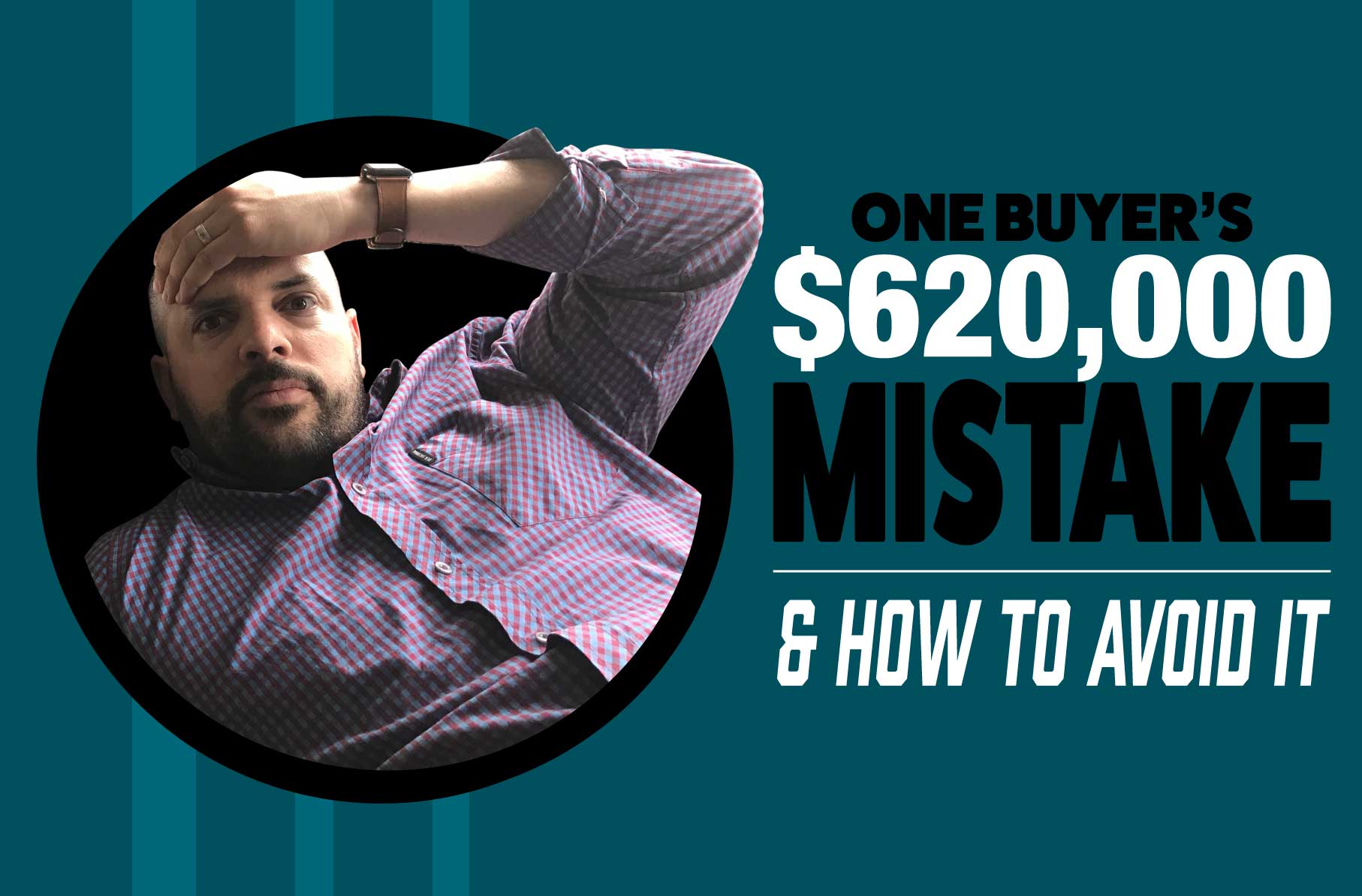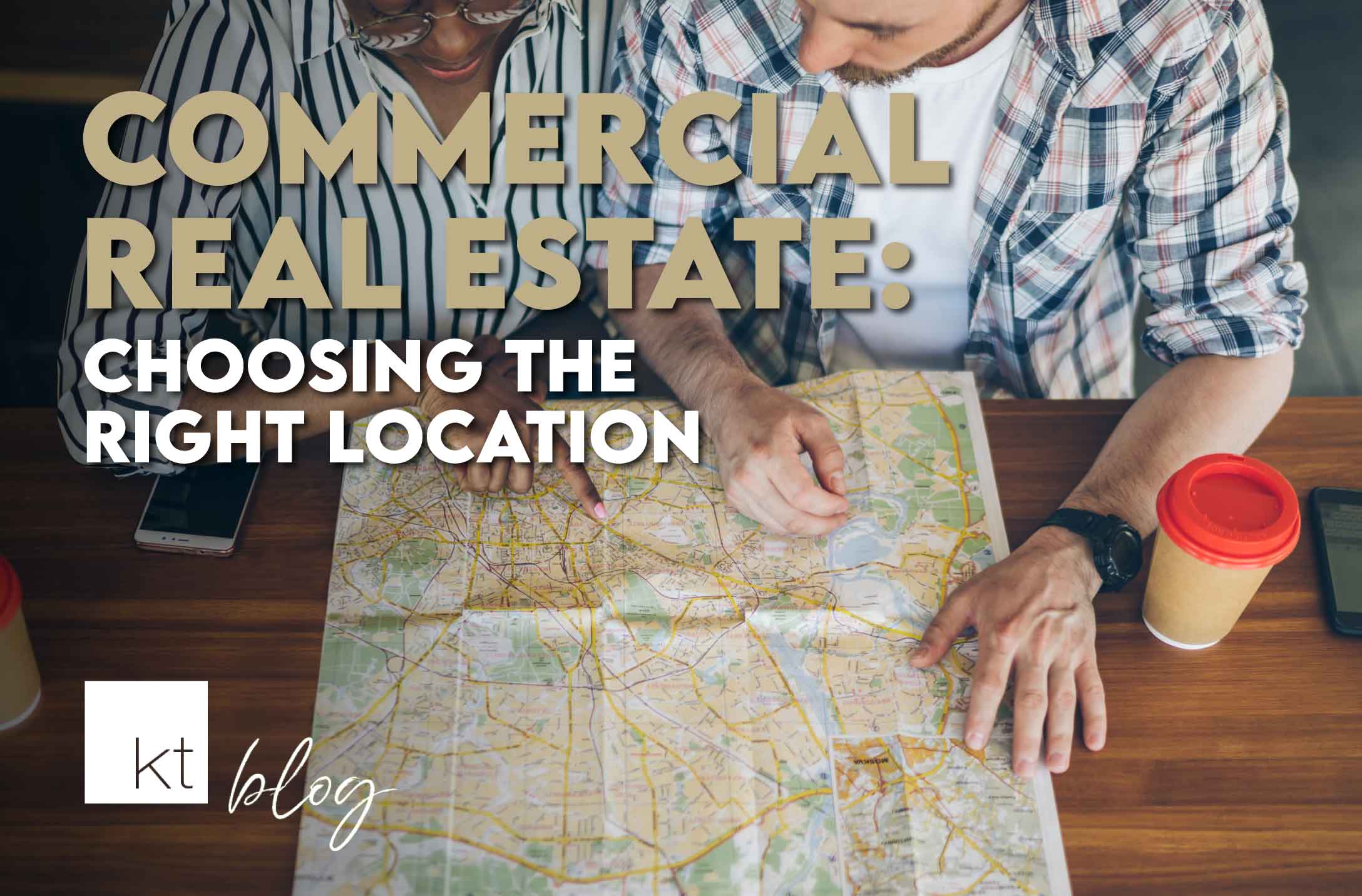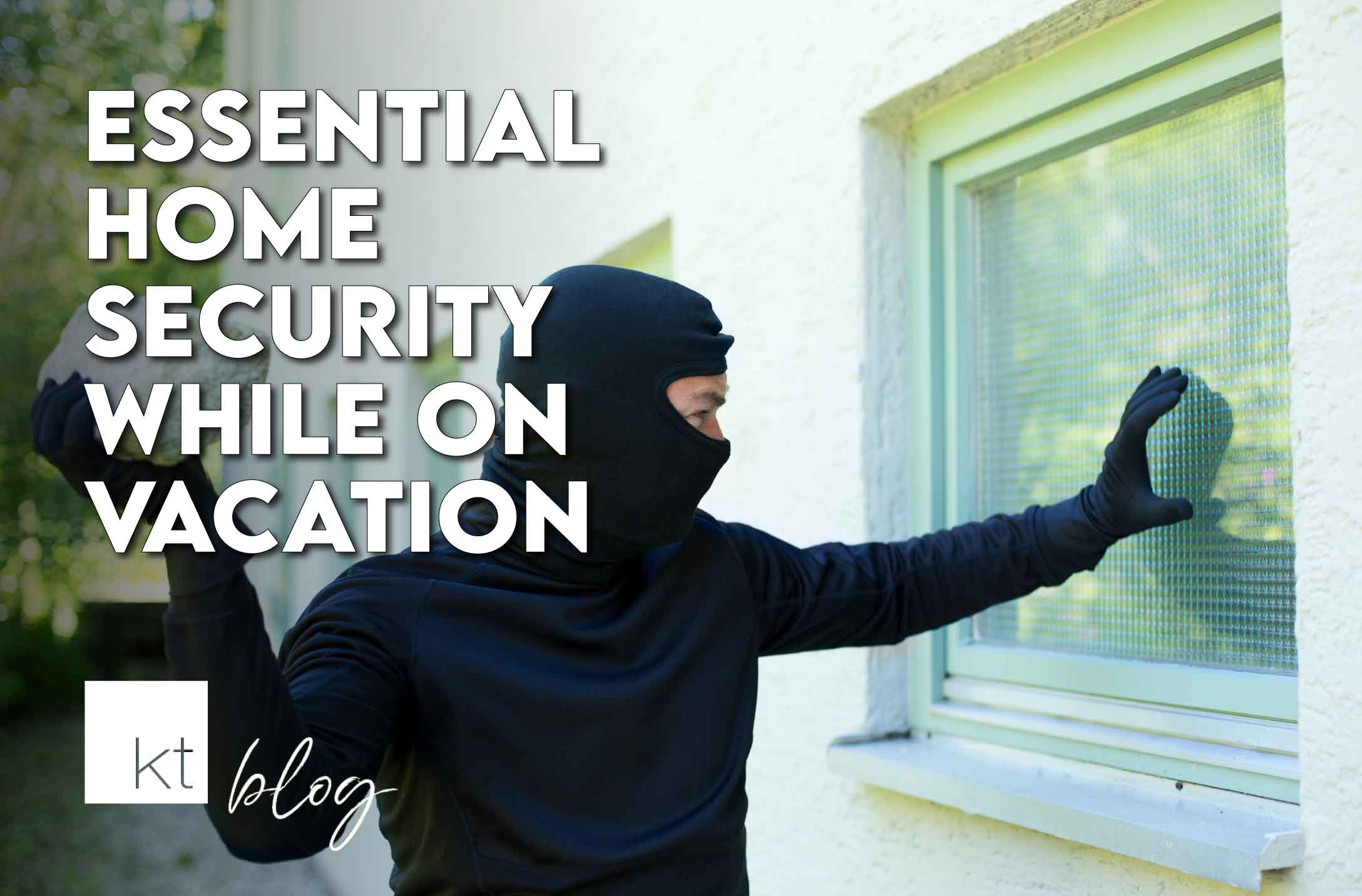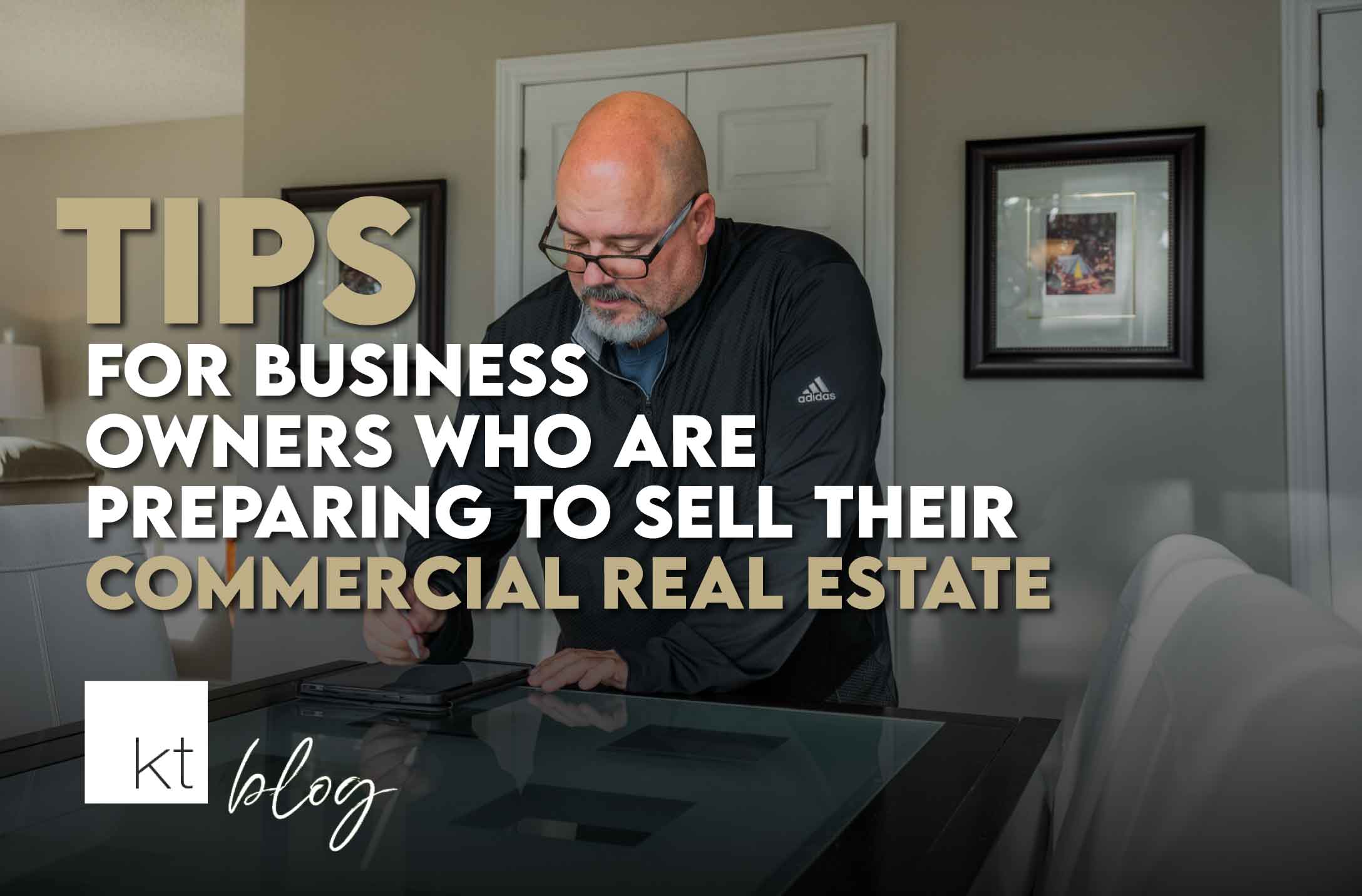As with all investments, purchasing real estate comes with risk. It’s important to prepare and understand the risk. Here’s an example of an extreme case that costs a buyer hundreds of thousands of dollars, along with my suggestions on minimizing the chance of falling into the same predicament.
To paint a picture of this situation, let’s quickly summarize the key components of the article I’m referring to.
The Story
In the 2017 real estate market’s heat, a buyer won the ‘bid’ to purchase a property in Toronto for $1.9M. Their offer was not the highest, but it was an unconditional offer. This means that once the seller accepted it, it was legally binding. There was no conditional period during which the buyer had time to get approved for a mortgage or complete a home inspection; they were legally bound the moment it was signed.
At some point after the purchase, but before closing, the buyer put their home on the market. After a period of time, they were not successful in selling their home (or perhaps unable to sell for an amount they were comfortable with.) As a result, on the new home’s scheduled closing day, they informed the seller that they would not be able to close because they hadn’t sold their home and therefore were unable to secure financing for the new one.
The Seller had to re-list their home for sale and subsequently re-sold it for approximately $620,000 less than what the first buyer agreed to. Fast forward through, what I assume to have been, a series of heart-pounding, financially crippling, stress-inducing legal battles, and the courts sided with the Seller. The result was that the buyer was responsible for compensating the seller for the approximately $620,000 loss in reduced selling price plus their appeal costs.
Can you imagine having to remortgage your home for more than half-a-million dollars and have nothing to show for it? It’s not like you got to do a glamourous renovation or send the kids to university. You literally accomplish nothing and have an increased monthly carrying cost of approximately $2,000 for another twenty-five years. It’s unfortunate, but there are things you can do to minimize your risk of this happening:
Sell Your Home First
We often hear, “do we sell first or buy first.” The latter being the most common. Let’s assume you must sell to secure financing for the new house. In this case, the risks are that you don’t sell for what you expected or get a later closing. The latter requires bridge financing, which is common and rarely detrimental to the sale or a person’s finances.
There should be no case where a house literally won’t sell. There’s ALWAYS a willing buyer; the question is, how much will they pay? In this example, the buyers likely weren’t willing to pay enough for the seller to afford the new house. Perhaps it was just that the seller was stubborn or uninformed and didn’t realize the repercussions of backing out of their purchase. Perhaps selling for less would have ultimately cost less in the long run.
The risk of selling first is quite simply that you don’t find a house to buy in time. This could mean buying something that’s not to your liking, moving in with family, or finding other short-term lodgings. To minimize the risk of this happening, try to sell with a long closing date to provide more time and review interim lodging options in advance.
Have Your Home Ready to List for Sale
We’ve seen everything, including smelly, dirty, cat-pee-saturated hoarder houses. Trust me, your house is perfectly fine for us to visit.
I cannot stress the importance of this enough. When somebody contacts us, we instantly get the wheels in motion to prepare their home for sale. Your home must be ready to list the MOMENT you buy. The market can change on a dime. Preparing your home to sell last minute could result in selling in a different market. It can easily take a couple of weeks to paint, remove furniture, and complete minor repairs. Don’t delay in allowing your Real Estate Agent into your house because it’s “…not clean enough for a visit.” We’ve seen everything, including smelly, dirty, cat-pee-saturated hoarder houses. Trust me; your house is perfectly fine for us to visit. Let’s get the process started!
Negotiate a Long Closing
The Seller of the house you’re buying may prefer a short closing, but it serves neither you nor them any good if it’s so short that you haven’t reasonable time to sell your property. At the end of the day, it usually comes down to money. If the seller wants a quick closing, a good Realtor can often sell the idea of a longer closing by building value in protecting the seller’s best interests and determining a reasonable cost to pay for their accommodation. This is a great strategy to minimize your risk and level of stress as you sell your home.
Prepare for The Worst – Can you afford to carry both properties?
Can you rent out your current property to tenants and afford to close on the new property? Are there alternative lenders that offer not-so-ideal terms and rates but more flexible loan options? A professional mortgage broker can come in handy with something like this.
Moving is an exciting time, but it can an emotional roller coaster. Consider all outcomes and options, and hire professional representation for all facets of the process.





